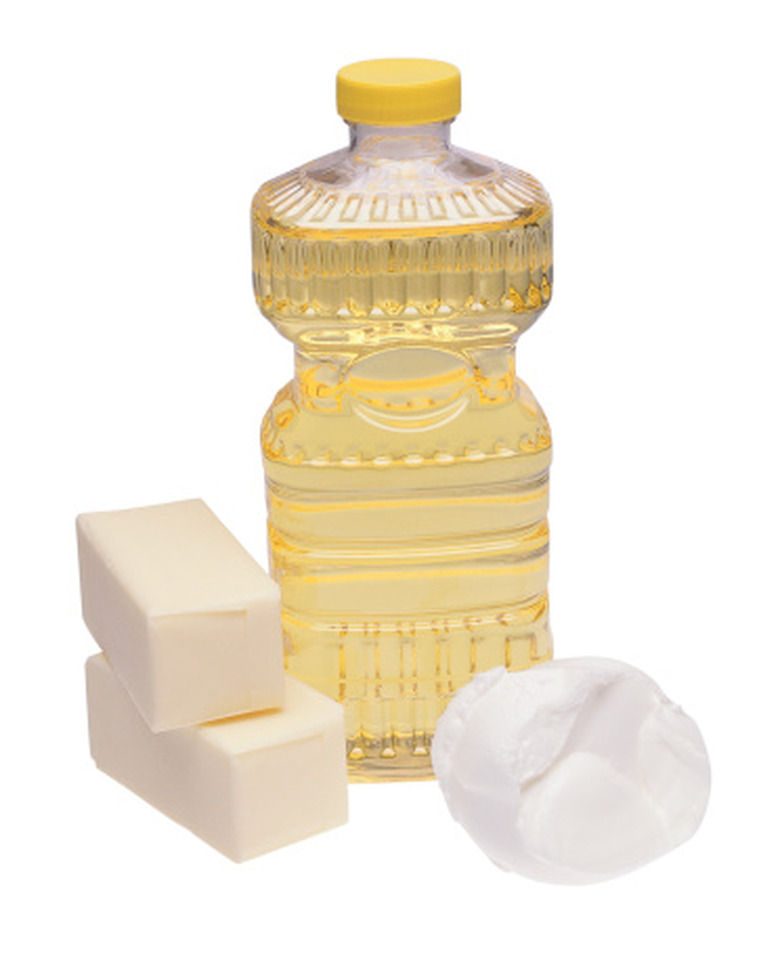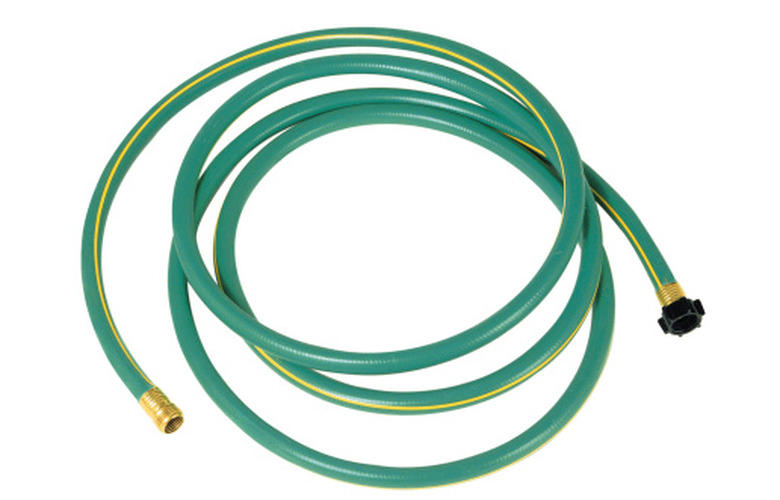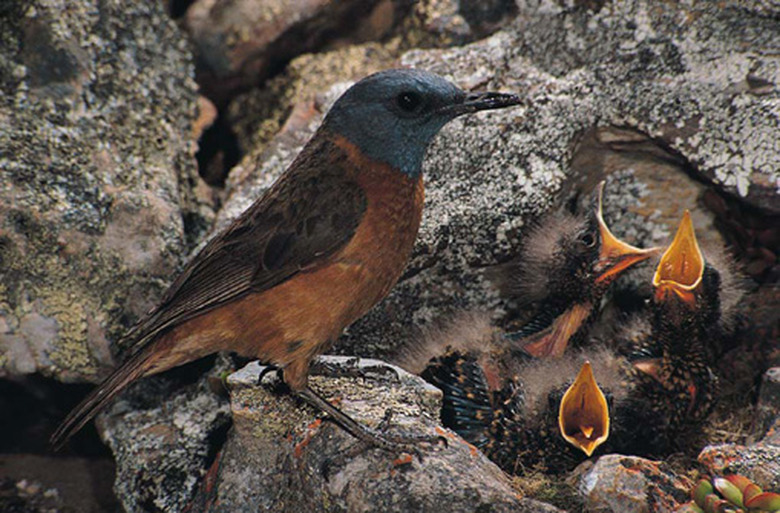Which Herbs Repel Earwigs?
Earwigs have become a common garden pest, particularly in wetter regions of the country. These ground beetles nest in moist, dark areas and are often found under woodpiles and garden debris.
Earwigs have become a common garden pest, particularly in wetter regions of the country. These ground beetles nest in moist, dark areas and are often found under woodpiles and garden debris. Their typical diet consists of decaying vegetable matter and dead insects, but they will also devour tender young foliage and seedlings, leaving the gardener with leaves like old lace. Herbal solutions for pest control are limited, but there are natural methods available to eliminate the pests and prevent their return.
Garlic Oil or Garlic Chili Spray
Because insects are deterred by smell, garlic solutions are effective for discouraging pests. A simple garlic oil spray can be mixed up using 3 ounces finely chopped garlic soaked in 2 teaspoons of mineral oil for 24 hours. Add that mixture to 1 pint of water to which you add 1/4 ounce of liquid dish soap. Strain and load in spray bottle. A more complex spray involves taking two or three garlic bulbs, six to 12 hot chillies or 2 tablespoons chili powder, 1 tablespoon vegetable oil, a large spoonful of dish detergent and 7 cups of water. Add all the ingredients and 3 cups of the water. Whip in the blender, then add the remainder of the water later. Strain it through muslin, fill your spray bottle and save the rest in a glass jar.
- Earwigs have become a common garden pest, particularly in wetter regions of the country.
- A more complex spray involves taking two or three garlic bulbs, six to 12 hot chillies or 2 tablespoons chili powder, 1 tablespoon vegetable oil, a large spoonful of dish detergent and 7 cups of water.
Diatomaceous Earth
Spread diatomaceous earth around house foundations, around wood piles, along wooden fences and near walkways. Place a small amount under potted plants as they congregate these at night as well. Treat the soil wherever they appear to be in abundance and around plants at risk, particularly new seedlings. Another method is to spray your foliage using a duster. Water the leaves well before dusting, so the earth will adhere. Reapply two weeks later to smother new hatchlings before they do damage. As diatomaceous earth is a silvery white, your foliage will have a white coating after application.
- Spread diatomaceous earth around house foundations, around wood piles, along wooden fences and near walkways.
- Water the leaves well before dusting, so the earth will adhere.
Traps Using Cans
Traps using ordinary items that you have around the house are a popular means of earwig eradication. One method is to sink an oily tuna can into the earth to ground level where the earwigs seem numerous and fill it with equal parts used vegetable oil and soy sauce. Instead of soy sauce you could add an apple slice. Empty the can each morning. Another mixture to use would be 1 tablespoon vegetable oil, 1 tablespoon molasses, 1 tablespoon dry yeast and 8 ounces of water. Pour it into a plastic container and bury.
Traps Using Cylinders
Earwigs like to sleep during the day in tight, damp locations. Old pieces of soaker hoses or ordinary garden hoses should be positioned around plants that have been damaged. In the morning empty the hoses into a pail of soapy water or vinegar. An alternative is to wrap damp newspapers into a cylinder, secure them with a rubber band, and arrange them on the ground. Bait the cylinders with peanut butter. Dispose of in a sealed plastic bag.
- Traps using ordinary items that you have around the house are a popular means of earwig eradication.
Natural Processes
Several species of songbird prey on earwigs; chickens will eat them as well. Encourage birds to visit your garden by putting out feeders and birdbaths and adding plants and shrubs known to attract birds. Reduce the amount of pesticides that you use to help restore the natural insect-bird life balance. Plant a variety of shrubs and flowers rather than block planting one sort. Do not leave excess mulch lying around for the earwigs to nest in and use as little as possible.
Kitchen Products
A teaspoon of ordinary dish detergent mixed in water sprayed directly on the earwigs works very well as a mild insecticide. However, as earwigs are night feeders, you will need to patrol your garden with a flashlight. Spray on the foliage as the insects are feeding and spray a second round on the newcomers a while later. You may have to do this every night for a few weeks to bring the numbers under control.
- Several species of songbird prey on earwigs; chickens will eat them as well.
- Spray on the foliage as the insects are feeding and spray a second round on the newcomers a while later.






